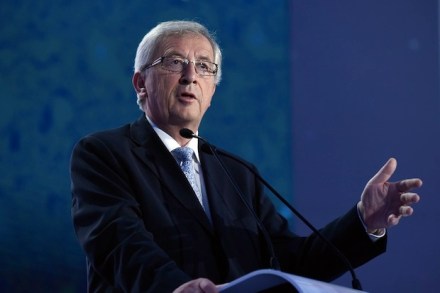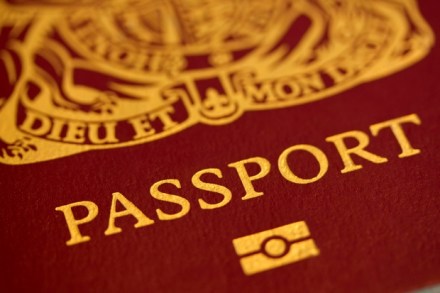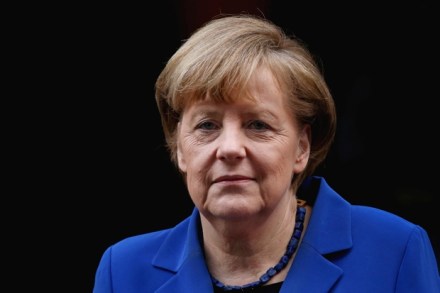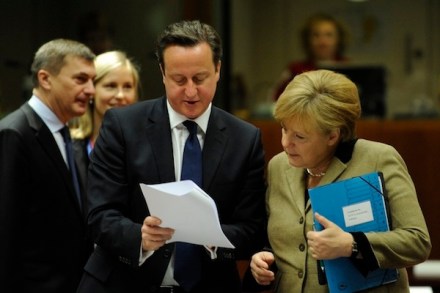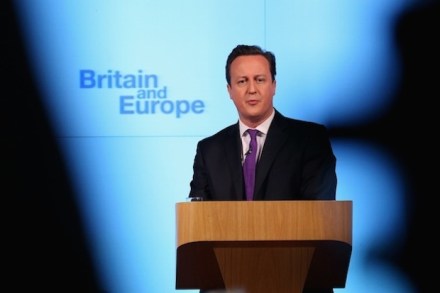MH17 makes the situation in Ukraine an American crisis and an EU catastrophe
The burning embers of an international airliner litter a Ukrainian field. 298 dead. The west blames Putin. President Putin blames Ukraine and the west. Pro-Russian rebels strip the dead and obstruct the investigation. MH17 has made east Ukraine an American crisis and an EU catastrophe. Still, because the US and EU see the Ukraine crisis in very different ways, it’s difficult to say what will happen next. First, let’s be clear about culpability. Whatever the Russian government might claim, the Donetsk rebels have an undeniably close relationship with Putin’s intelligence services. In a few months, thugs with AK-47s have become capable of withstanding the Ukrainian military. They’ve ambushed armoured troop convoys. They’ve



